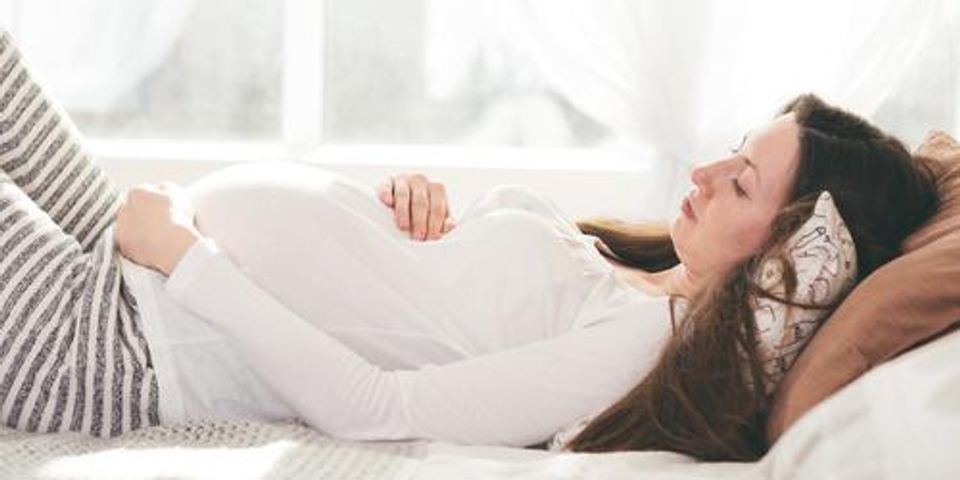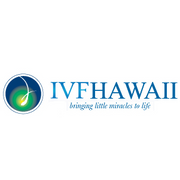Infertility Specialist Explains What Impacts a Woman’s Egg Quality
By IVF Hawaii

Women are born with the number of eggs they will carry for their lifetime. As they get older, the quantity and quality of their eggs reduce. An infertility specialist explains the changes that women go through as they age and what they can do about these related factors if they are experiencing infertility.
An Infertility Specialist’s Guide to Egg Quality
Why Quality Changes
A woman’s age, her ovarian reserve, and proximity to menopause affects her fertility. The number of eggs remaining in the ovaries diminishes with age, and her ovarian function starts to wane.
Before ovulation, most eggs have 23 pairs of chromosomes. Once the egg is fertilized, the pituitary gland is responsible for dividing these pairs into 46 chromosomes. If the gland doesn’t split them correctly and the number is more or less than 23, the egg is considered aneuploid and will not become a “competent” embryo. In most cases, this leads to a miscarried pregnancy early on or a chance of the child having a congenital chromosomal disability such as Down syndrome. This possibility increases as a woman matures. At 40 years old, less than 10% of her eggs are chromosomally normal.
How to Compensate
If you know that you’re planning to wait to have children, you may want to have your eggs frozen. This ensures that your eggs and resulting embryos will be more viable since you can serve as your donor. Other related treatments include an embryo transfer or in-vitro fertilization. A doctor can work with you on a plan based on your unique needs.
If you have further questions or concerns regarding infertility treatment, IVF Hawaii, in Honolulu, is the trusted team of specialists. They have the highest rate of success in Hawaii and are committed to delivering compassionate, personalized care. To learn more about their cutting-edge technology and treatments, call them at (808) 538-6655 to schedule a consultation, or visit their website.
About the Business
Have a question? Ask the experts!
Send your question

